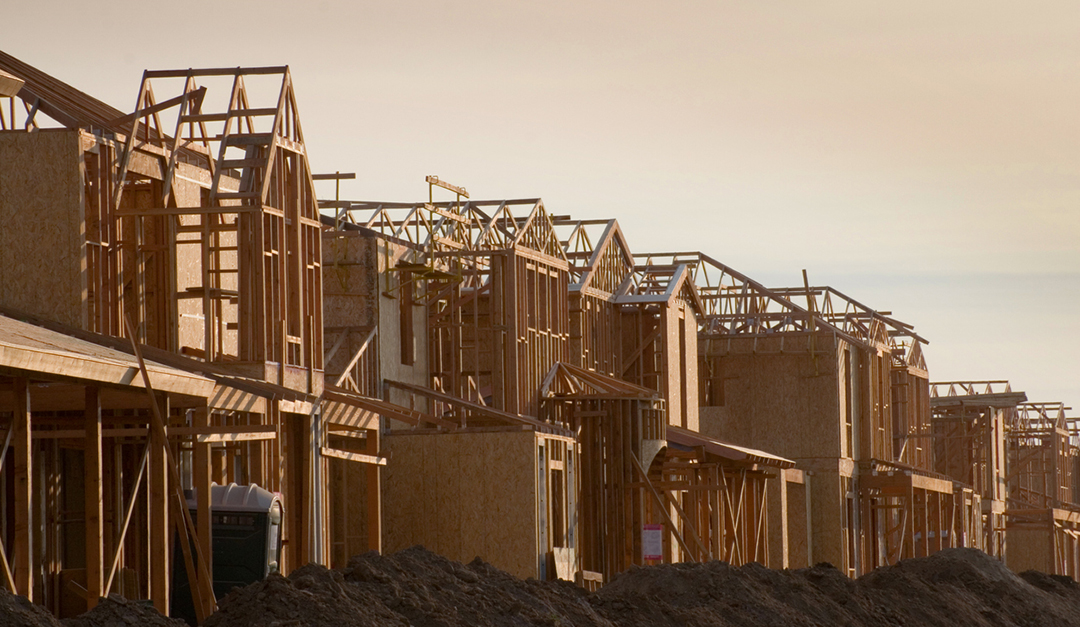Becoming a real estate developer requires years of experience, but the end result can be both professionally and financially rewarding. Here’s what you should know before heading down the real estate developer path in your career.
How much you can earn as a real estate developer?
Because real estate developers usually have the highest risk in any given project, they also have the highest reward. The size and scope of the development project influences pay, as does geographic region, residential vs. commercial projects and the state of the real estate and land market. A real estate developer can make millions of dollars if involved in a project with a big price tag, but their offers are highly dependent on the market and success of each individual project.
What are the daily responsibilities?
As a real estate developer, you may have to get used to constant chaos. That being said, for those who don’t want a typical desk job, facing new situations and challenges on a daily basis can be thrilling. Daily responsibilities include:
- Troubleshooting
- Visiting land plots and properties
- Balancing the books
- Meeting with workers, contractors and investors
- Responding to press outlets and local organizations
- Scheduling and time management
- Ensuring that buildings and properties are up to code
- Researching new projects
Do you need a lot of cash to get started as a real estate developer?
You do need capital to get into real estate development, but you don’t have to have it yourself. Most real estate developers finance projects with an investor, or personal or bank loan. If you’ve never received financing for a real estate project before, you’ll most likely need to work on creating a business plan to present to investors or lenders. If you’re taking out a business loan, make sure you shop around to compare rates so you can get the best deal.
How to Get Started on the Real Estate Developer Path
Now that you understand the role of a real estate developer, it’s time to make your first deal. Here’s how:
Step 1: Select a location.
Do research on your desired area to develop and the niche you want to fit into. Will you focus on residential projects or commercial? Does the market present any great opportunities right now for investors? Will you be partnering with others in a market you’re less familiar with? Selecting a location is about committing to a niche, market and strategy as much as it is about finding a good deal.
Step 2: Build a trustworthy team.
As a real estate developer, you will be working with, and relying on, a lot of different people, from other developers to real estate agents to lawyers to architects to plumbers to day workers. Check references and communicate your expectations for their work.
Step 3: Find an investor or arrange financing.
Unless you have capital saved up, you’ll also need to find an investor to fund your desired project. You can find one by arranging a meeting, expressing your needs and showing them the return they’ll be making by joining your project. If you prefer to take out a business loan, you’ll need to make a strong case to your lender about the stability of your business plan. They may also want information about your company’s finances, your credit and any outstanding debts or bills your business currently owes.
Step 4: Make a timeline.
It’s no secret that real estate projects historically struggle to meet deadlines. Holding every person involved to a hard deadline, all the while budgeting in some wiggle room behind the scenes, is a smart way to make sure the job gets done on time.
Step 5: Get the word out.
Building buzz starts before the project is done! Get the surrounding community excited about what you’re working on by contacting local press outlets or hosting a big event and inviting neighboring residents. Highlight what your project will add to the community to speed up the process of the sale when that time comes.
As in any profession, the success of one project is your audition for the next. It’s a good idea to start small, learn from developing real estate for the first time and go bigger once you fully understand the process. Once you’ve done work that speaks for itself, real estate professionals, investors and the public alike will want to work with you on future projects.
 Yazir Phelps is the president of Colibri Real Estate, a national leader in online learning for pre-licensing, continuing education and professional development. Colibri Real Estate’s portfolio of brands includes Real Estate Express, McKissock Learning, Superior School of Real Estate, Allied Schools and The Institute for Luxury Home Marketing. Phelps has over 18 years of experience in marketing at Fortune 500 organizations and over five years of experience working directly with real estate professionals. Learn more at realestateexpress.com.
Yazir Phelps is the president of Colibri Real Estate, a national leader in online learning for pre-licensing, continuing education and professional development. Colibri Real Estate’s portfolio of brands includes Real Estate Express, McKissock Learning, Superior School of Real Estate, Allied Schools and The Institute for Luxury Home Marketing. Phelps has over 18 years of experience in marketing at Fortune 500 organizations and over five years of experience working directly with real estate professionals. Learn more at realestateexpress.com.











